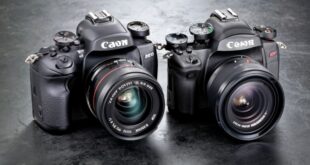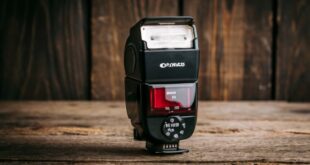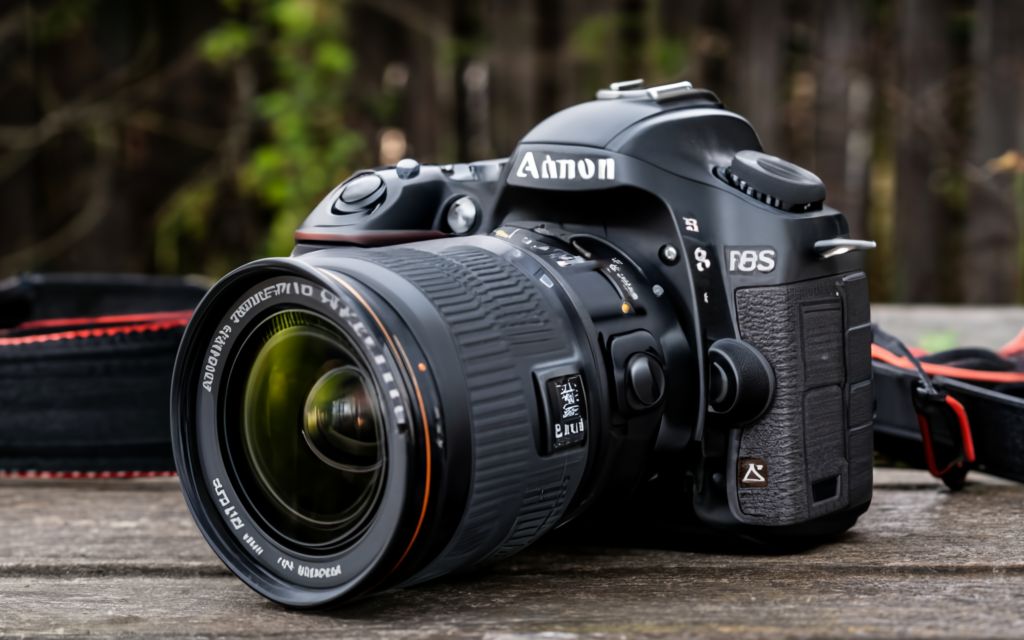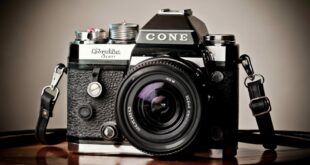Introduction
Hey there, fellow stargazers and astrophotography enthusiasts! Are you ready to embark on an extraordinary journey through the cosmos? In this article, we will delve into the realm of astrophotography and compare two popular options: astrophotography cameras and DSLRs. Whether you are a seasoned astrophotographer or just starting out, understanding the pros and cons of these tools is crucial for capturing the breathtaking beauty of the night sky. So, let’s dive in and uncover the secrets behind these photographic wonders!
1. Astrophotography Cameras: Capturing Stars with Stellar Precision
📸
Astrophotography cameras, also known as dedicated astronomy cameras, are specially designed to capture celestial objects with unparalleled precision. These devices are optimized for low-light conditions and provide advanced features that cater specifically to astrophotography needs.
🚀
One of the key advantages of astrophotography cameras is their ability to cool down the image sensor, reducing noise and allowing for longer exposure times. This results in capturing more detail and faint objects that would otherwise be difficult to photograph. Moreover, astrophotography cameras often possess a high quantum efficiency, meaning they can convert more photons into electrical signals, thus maximizing sensitivity.
🔭
However, there are a few downsides to consider when using astrophotography cameras. Firstly, these cameras can be quite expensive due to their specialized nature and advanced technology. Additionally, astrophotography cameras may require additional accessories like power supplies and filter wheels, which adds to the overall cost.
🌟
In conclusion, astrophotography cameras offer astrophotographers an edge in capturing deep-sky objects with their superior sensitivity and cooling capabilities. Their inbuilt features cater specifically to the challenges of astrophotography, offering exceptional precision and image quality.
2. DSLRs: The Versatile Choice for Astrophotography Enthusiasts
📷
DSLRs, short for digital single-lens reflex cameras, are widely favored by photographers for their versatility and convenience. For astrophotography, DSLRs offer a more budget-friendly alternative without compromising on image quality.
⚡
One of the major advantages of DSLRs is their versatility. These cameras can be used for a wide range of photography genres, making them a great investment for those who enjoy capturing more than just the night sky. Additionally, DSLRs often boast a larger sensor size compared to astrophotography cameras, resulting in better noise performance and sharper images.
🌌
However, DSLRs also have their limitations when it comes to astrophotography. One of the main challenges is that DSLRs are not specifically designed for shooting in low-light conditions. This can result in increased noise levels, especially when using higher ISO settings. Moreover, DSLRs lack the cooling capabilities of astrophotography cameras, making them less suitable for capturing faint deep-sky objects.
✨
To summarize, DSLRs offer a versatile option for astrophotography enthusiasts who want to explore various photography genres without breaking the bank. While they may not provide the same level of sensitivity and cooling capabilities as astrophotography cameras, DSLRs are excellent tools for capturing stunning images of celestial wonders.
3. The Comparison: Astrophotography Camera vs DSLR
| Aspect | Astrophotography Camera | DSLR |
|---|---|---|
| Sensitivity | High | Moderate |
| Image Quality | Exceptional | Very Good |
| Cooling Capability | Yes | No |
| Versatility | Low | High |
| Price | High | Moderate |
4. Frequently Asked Questions (FAQ)
Q1: Can I use a DSLR for astrophotography?
Absolutely! DSLRs offer a great entry point into astrophotography and can capture stunning images of the night sky. However, it’s important to note that dedicated astrophotography cameras have certain advantages in terms of sensitivity and cooling capabilities.
Q2: What is the advantage of cooling in astrophotography cameras?
By cooling the image sensor, astrophotography cameras reduce thermal noise, allowing for longer exposure times and capturing more detail in faint objects.
Q3: Are astrophotography cameras worth the investment?
If you are passionate about astrophotography and dedicated to capturing the wonders of the night sky with precision, investing in an astrophotography camera can significantly enhance your results. However, it’s essential to carefully consider your budget and specific astrophotography goals.
Q4: Can I use astrophotography cameras for other photography genres?
Astrophotography cameras are primarily designed for capturing celestial objects. While they may not provide the same versatility as DSLRs, some astrophotography cameras can be used for other photography genres. It’s always best to check the specifications and capabilities of the camera before making a decision.
Q5: Are DSLRs sufficient for capturing deep-sky objects?
DSLRs can capture impressive images of deep-sky objects, such as nebulae and galaxies. However, due to their limitations in cooling and sensitivity compared to astrophotography cameras, the results may not be as detailed or noise-free.
Q6: Can I use a DSLR lens with an astrophotography camera?
Yes, many astrophotography cameras are compatible with DSLR lenses. However, it’s important to check the camera specifications and any necessary adapters to ensure proper compatibility.
Q7: Do I need any additional accessories for astrophotography?
Both astrophotography cameras and DSLRs can benefit from additional accessories such as tripods, filters, and remote shutter releases. These accessories can help enhance your astrophotography experience and improve the quality of your images.
5. Conclusion: Embark on a Stellar Journey!
🌠
Now that you have explored the realm of astrophotography cameras and DSLRs, it’s time to embark on your own stellar journey! Whether you choose the precision of an astrophotography camera or the versatility of a DSLR, capturing the beauty of the universe is an awe-inspiring experience.
📸
Remember to consider your budget, specific photography goals, and desired level of precision when making your decision. Regardless of your choice, the universe eagerly awaits your exploration through the lens of your camera.
🚀
So, gear up, find the perfect spot under the starry sky, and let your creativity soar as you capture the wonders of the cosmos. Happy astrophotography!
6. Closing Statement
This article aims to provide an in-depth understanding of astrophotography cameras and DSLRs. It is important to note that both these tools have their own strengths and weaknesses, catering to different preferences and budgets.
The world of astrophotography offers a vast canvas for creative individuals to capture mesmerizing celestial objects. Whether you choose an astrophotography camera or a DSLR, remember that the true essence of astrophotography lies in the passion and curiosity that drives you to explore the cosmos.
Disclaimer: The prices and specifications mentioned in this article are subject to change and may vary based on individual preferences and market conditions.



